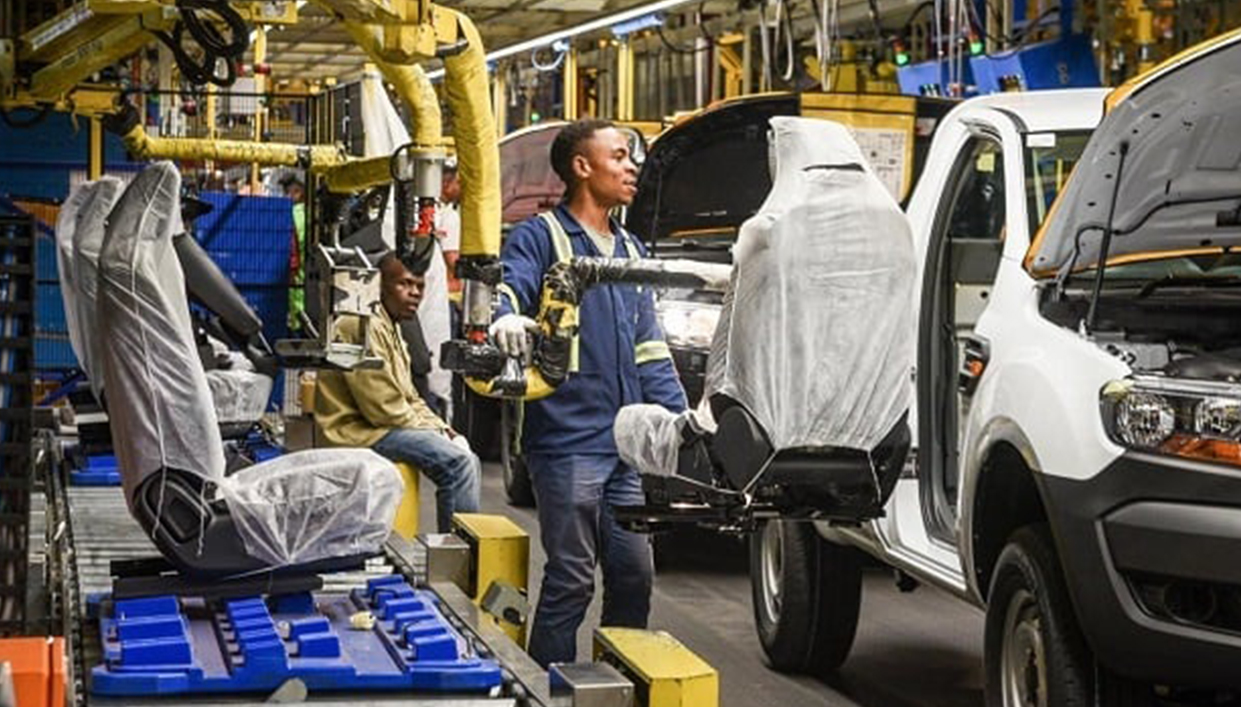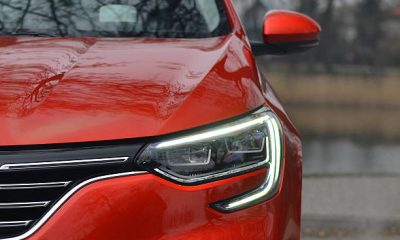Business
South Africa’s Auto Industry at Risk as Chinese Imports Surge, Warns Toyota CEO

The South African automotive industry is facing one of its biggest challenges yet, as the rapid rise of Chinese vehicle imports threatens local manufacturers. Toyota South Africa Motors (TSAM) CEO Andrew Kirby has sounded the alarm, warning that continued dependence on imported vehicles could lead to the collapse of local production.
Speaking at the State of the Motor Industry event on 23 January, Kirby highlighted how Chinese automakers are reshaping the South African car market. The affordability of Chinese cars, coupled with government trade policies, has enabled brands like Haval, Chery, and GWM to gain a significant foothold in the country.
Chinese Imports Reshaping the Market
Between 2019 and 2024, Chinese car brands in South Africa have grown exponentially:
- Market share increase: From 2% in 2019 to 9% in 2024.
- Annual vehicle imports: Rising from 11,000 in 2019 to 39,000 in 2023.
- Total share of Chinese and Indian cars: Surged from 18% in 2018 to 37% in 2023.
Meanwhile, local vehicle production has declined, with domestically produced cars making up just 43% of the market in 2023, down from 46% in 2018.
Why Are Chinese Cars Dominating?
The growth of Chinese automakers in South Africa can be attributed to:
- Affordability: With the cost of living rising, South African consumers prioritize cost-effective vehicles over brand loyalty.
- Government incentives: Chinese manufacturers benefit from state subsidies and free trade rebates, making their vehicles cheaper.
- Import-friendly policies: Under Chapter 98 of the Automotive Production Development Programme (APDP), semi-knocked-down (SKD) and completely built-up (CBU) units receive tax breaks, making imports more attractive than local production.
Impact on Local Manufacturing & Jobs
Kirby warned that South Africa’s Completely Knocked Down (CKD) production—which involves assembling vehicles using locally sourced parts—has declined by over 11% since 2018. CKD production supports thousands of jobs and strengthens the local supply chain, but with more cars arriving fully built, manufacturing is taking a hit.
Also read : Chinese Automaker GAC Slashes Prices on Emzoom and Emkoo Models in South Africa
What’s at Stake?
- Declining Local Jobs: A shift away from CKD production means fewer opportunities for local suppliers, mechanics, and assembly workers.
- Import Dependency: If unchecked, South Africa’s automotive sector could become entirely reliant on foreign imports, eroding its manufacturing base.
- Falling Exports: In 2024, South African vehicle exports declined by 22.8%, largely due to competition from China in international markets.
Can Local Brands Compete?
Despite the challenges, established brands like Toyota, Volkswagen, and Ford still have strong footholds due to:
- After-sales service & brand reputation
- Better local customer support
- Higher resale value compared to new entrants
However, as Chinese brands continue improving their quality and service networks, they are closing the gap with traditional manufacturers.
The Future of South Africa’s Car Industry
For the local automotive industry to remain competitive, Kirby emphasized the need to boost CKD production and increase the use of locally made parts. South African manufacturers will also have to adapt to evolving market trends, such as the rising demand for electric vehicles (EVs).
As South Africa navigates these industry shifts, policymakers and manufacturers must find ways to balance trade policies, support local jobs, and sustain economic growth in the face of growing global competition.
Will South Africa’s car industry survive the Chinese invasion?
Follow Joburg ETC on Facebook, Twitter , TikTok and Instagram
For more News in Johannesburg, visit joburgetc.com

















